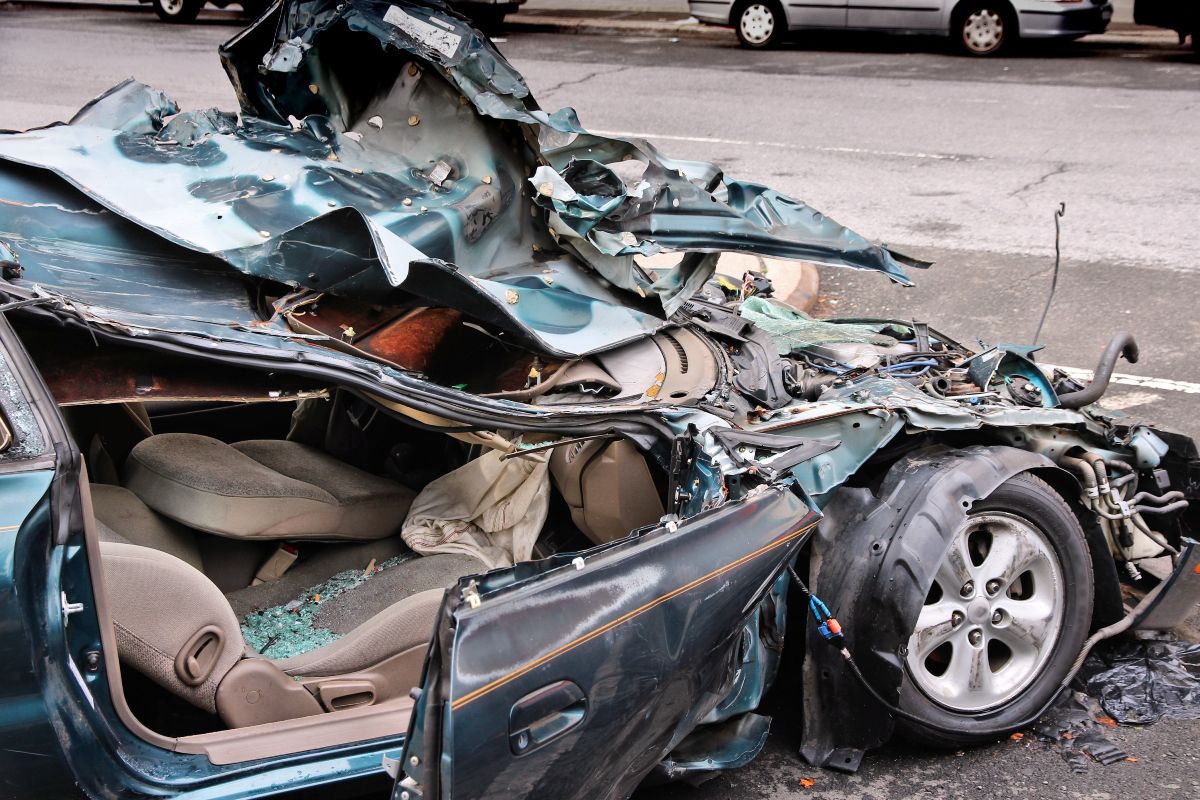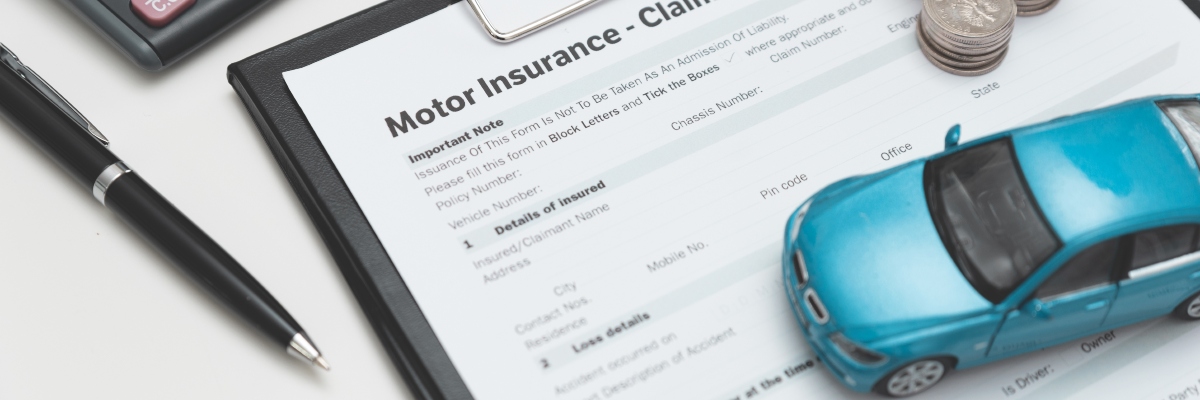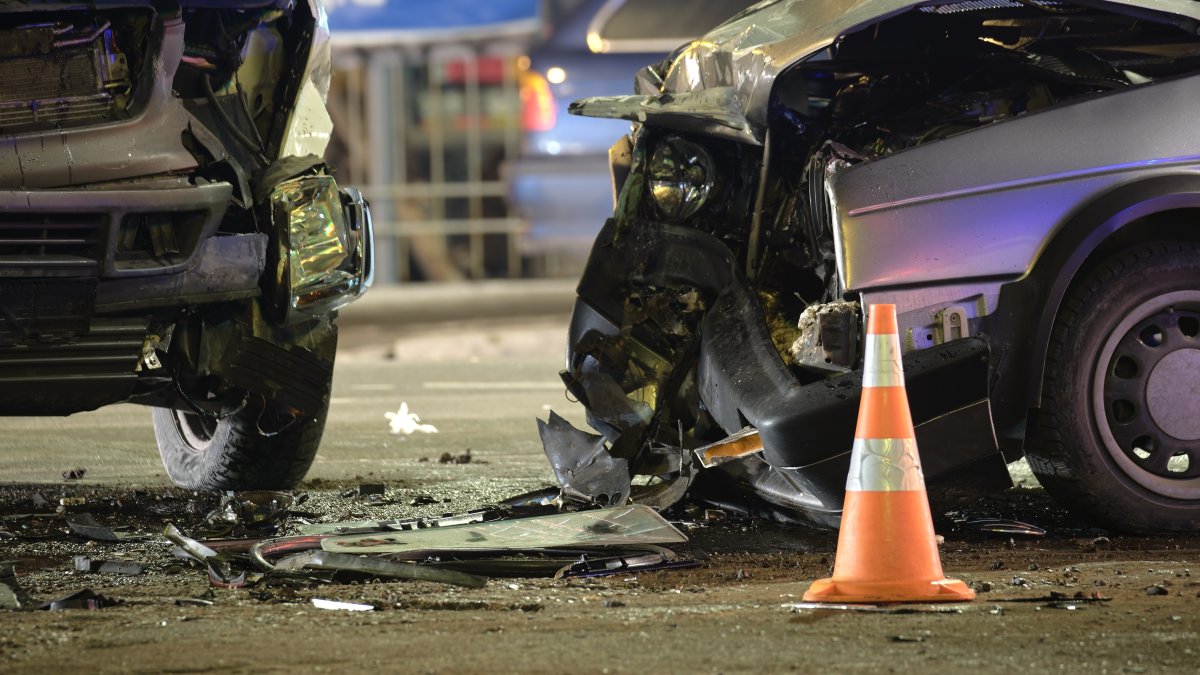You’ve probably heard the term “totaled” before in reference to an automobile collision or other automotive accident. That term comes from the state of the vehicle after the crash being a “total loss,” meaning it would not be worth the repair costs to fix it. This can be an overwhelming time for anyone to deal with, especially if they’re dealing with other fallout from the incident, such as medical needs. One of the biggest concerns drivers face in this situation is how much their vehicle will still be worth despite being a total loss, so they might be wondering how insurance companies actually value their car in these events. That’s what we’re here to dive into today.

What is a total loss?
First and foremost, we want to dig a little deeper into what exactly a total loss is, so you can really understand the term. When the cost to repair a vehicle exceeds its actual cash value, it is deemed a total loss — likewise, if the vehicle is so severely damaged that it’s deemed unsafe to even attempt repairs. Insurance companies typically use a percentage threshold to decide if a car should be totaled, which can vary from state to state as well as insurer to insurer, but will most often fall between 60-80% of the car’s pre-accident value. To give you a concrete example, if your car was worth 20,000 dollars before an accident and the estimated repairs cost 15,000 dollars, then your insurer may declare it a total loss rather than pay for the repairs.
How is your car’s value determined?
Obviously, the insurance company isn’t going to pay you for the whole vehicle as it’s no longer a whole vehicle, nor will they pay the full cost of repairs. Instead, they have to determine its actual cash value, which is based on its current market value — meaning you’re also not getting a payout based on what you originally spent on the vehicle. Several things need to be considered when determining this value, so here are a few of the things that insurers take into account:
- Market research
- First and foremost, insurance agents will look at recent sale prices for comparable vehicles in your area. They’ll consider factors like year, make, model, mileage, condition (before the accident) and optional features or upgrades. For example, if your vehicle has low mileage and a top-of-the-line trim level, its actual cash value would likely be higher than a base model with high mileage.
- Depreciation
- An unfortunate truth is that your vehicle begins to lose value as soon as you drive it off the lot, and this continues over time all thanks to depreciation. Most new cars can lose up to 20% of their value by the end of their first year, and up to 60% over five years. Even if your vehicle is in otherwise excellent condition, your payout will reflect this harsh reality.
- Vehicle history
- Naturally, the history of the actual vehicle will be taken into account, so if you’ve had previous accidents, costly repairs or significant wear and tear your vehicle’s value will be lowered.
- Regional market trends
- Finally, did you know that the value of a vehicle can vary by location? For example, a pickup truck may hold higher value in rural areas compared to cities, while electric vehicles may be more valuable in regions with well-established charging infrastructure.
What if you have additional coverage?
There are many different kinds of coverages when it comes to automotive insurance, so your payout will definitely depend on your policy. Here are how three different kinds of coverage play out:
- Standard auto insurance will only cover the actual cash value, which may be less than what you owe on a financed car.
- Gap insurance will cover the difference between the actual cash value and your remaining loan balance, preventing out-of-pocket costs.
- Replacement cost coverage is a rare and specialized coverage not offered by most insurers, but it will pay the entire cost of a new car instead of the depreciated actual cash value
If you have any questions about the information here or are looking to upgrade or change your coverage, don’t hesitate to get in touch with us right here at Glover Family Independent Insurance.



